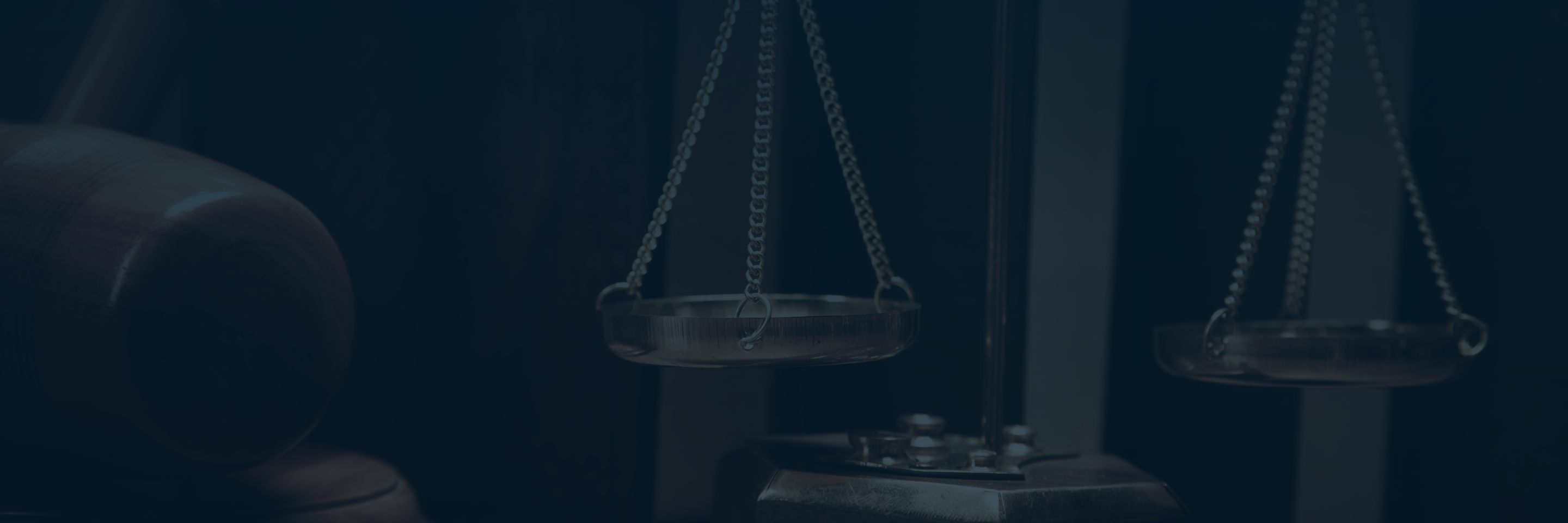When is a treating Doctor an Expert under Rule 53.03? And what constitutes expert opinion?
In Westerhof v. Gee, the Divisional Court considered the requirements which apply to treating health care providers who are asked to give expert evidence in Court on behalf of a patient. The Court also considered what evidence treating health professionals can provide as fact witnesses, and at what point this evidence crosses over into the territory of expert evidence.
Previous lower court decisions, such as McNeill v. Filthaut, Kuznierz v. The Economical Mutual Insurance Company, and Slaght v. Philips), had focussed on the relationship of the health professional with the client to determine whether the health professional was required to comply strictly with Rule 53.03 of the Rules of Civil Procedure.
Rule 53.03 requires experts to prepare a report detailing their experience, area of expertise and outlining their opinion. In addition, Rule 53.03 also requires an expert to sign an Acknowledgment of Expert’s Duty which includes the following paragraph: “I have been engaged on behalf of the plaintiff to provide evidence in the above-noted court proceeding.” Also, an expert must be qualified as to his expertise before he will be permitted to give expert evidence. In the absence of any of these requirements, the expert is not permitted to give expert evidence at trial.
The decisions before the Divisional Court’s decision in Westerhof v. Gee suggested that treating health care professionals were not required to adhere strictly to the requirements of Rule 53.03, whereas experts hired for the purpose of the litigation, or “hired gun” experts were required to meet all conditions of Rule 53.03 in order to be permitted to testify.
In contrast to the earlier decisions Westerhof says that it is the nature of the evidence the expert intends to provide that determines the applicability of Rule 53.03, rather than the expert’s relationship to the Plaintiff.
Justice Thomas Lederer, writing for the Divisional Court concluded:
The important distinction is not in the role or involvement of the witness, but in the type of evidence sought to be admitted. If it is opinion evidence, compliance with Rule 53.03 is required; if it is factual evidence, it is not.
Justice Lederer explains that health professionals can properly give evidence as to their observations of the plaintiff and their description of the treatment as this constitutes “factual and not opinion evidence.” However “It is when the witness seeks to offer opinions as to the cause of the injury, its pathology or prognosis that the evidence enters into the area of expert opinion requiring compliance with Rule 53.03.”
Interestingly, Justice Lederer seems to leave the door open for counsel to cast diagnostic opinions as fact, at paragraph 24, he holds:
There are situations where evidence of a diagnosis may be treated as a fact. It depends on the purpose to which the evidence is put. If a physician gives evidence of his or her diagnosis to explain the treatment provided, it is a fact that the diagnosis was the catalyst for the treatment….
This comment appears to open the door to counsel to have the treating health professional’s diagnosis presented to the jury or judge as ‘fact evidence’. Although Justice Lederer cautions that “[t]he statement of the witness does not establish as a fact that it correctly diagnoses the injury or illness. It is only relevant and admissible to understand the basis of the treatment chosen”, in practice this distinction may be difficult to maintain. Therefore, it may be that while the decision was intended to restrict the scope of treating professional’s testimony when they have not complied with Rule 53.03, its effect may be the opposite.
What are the consequences of the Divisional Court’s decision to lawyers representing injured individuals? In most cases Plaintiffs’ lawyers will now have to send a formal report request letter to a treating health professional that conforms with the strict requirements of Rule 53.03.
What are the consequences of the decision to treating health professionals? Treating health professionals will no longer be able to go to court and give opinion evidence based on information contained in various progress reports they have generated since they started treating the injured individual. In order to give opinion evidence at trial, treating health professional will need to receive a report request letter from plaintiff’s counsel and in response to that letter deliver a detailed and comprehensive report starting from the time the injured individual became a patient. Treating health professionals will also need to comply with the strict requirements of Rule 53.03, including completing a Rule 53.03 Form.
Treating health professionals can still go to trial and give evidence without complying with Rule 53.03, but with one significant restriction. They cannot give opinion evidence within their area of expertise – they can only appear as fact witnesses.
Another possible effect of the decision to require strict compliance with Rule 53.03 is that defence counsel may successfully argue that treating health professionals are “passionate advocates” for their patients, potentially calling into question the treating health professional’s objectivity, and adherence to their duty owed to the Court. This concern was expressed by defence counsel in Gutbir (Litigation guardian of) v. University as follows:
counsel for the hospital does not dispute that Dr. Perlman has the requisite knowledge to be qualified as an expert in the trial; rather that because of his role as a treating doctor …., Dr. Perlman lacks the necessary objectivity to permit him to give expert opinion.
The likely repercussions of the Divisional Court decision is that there will be fewer treating health professionals giving opinion evidence and more hired guns doing so. This is a move in the wrong direction. As well, the cost of obtaining opinions from health professionals will increase significantly.





